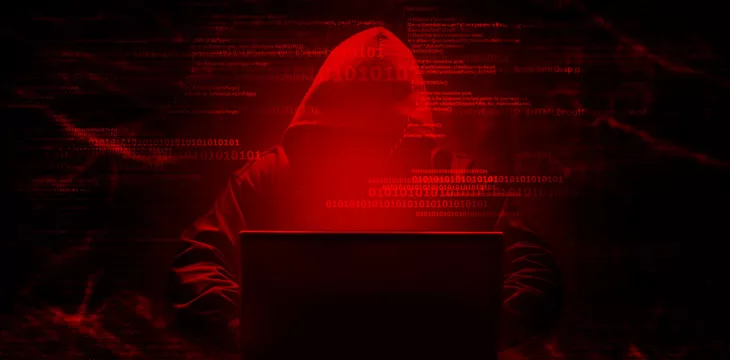|
Getting your Trinity Audio player ready...
|
A group of investors from Russia are suing Atomic Wallet for its security lapses that led to the $100 million hack in mid-June.
A report by BNE Intellinews reveals that a group of 50 investors from Russia and other Eurasian countries plan on launching a class action lawsuit against the non-custodial wallet. Collectively, the investors lost about $12 million to the hackers.
Max Gutbrod, the founder of Moscow-based law firm Destra Legal, is leading the lawsuit. Speaking to the outlet, he revealed that the case focuses on the security lapses and the company’s failure to report the crime in time to authorities and its users.
“We are working on recovering the assets for our clients and we will be filing a class action against Atomic Wallet. They didn’t give our clients any information about the hack or go to the police to report it,” the lawyer stated.
The Atomic Wallet hack is still shrouded in mystery. The company attempted to keep the breach under wraps but later claimed that the hack had affected just 0.1% of its client base and that the total amount lost was below $35 million.
London-based blockchain analytics firm Elliptic would later expose the con, revealing that the hackers had made off with close to $100 million. Elliptic further claimed North Korea’s hacker group Lazarus was behind the attack and was using OFAC-sanctioned Garantex digital asset exchange to launder the stash.
However, according to the attorney filing the class-action lawsuit, the attack was orchestrated by hackers linked to Ukraine, not North Korea. Gutbrod claims to be working with Singaporean blockchain analytics firm Match Systems to probe the attack, and preliminary results indicate ties to Ukrainian hackers.
Atomic has yet to reveal the source of the breach. It has offered four possible exploits, including an infrastructure breach and malware code.
The hack provides another showcase of why digital asset recovery is critical in the blockchain world. First enabled on the BSV blockchain, it gives a legal route through which victims of hacks, or even those who have lost their private keys, can recover their assets.
Watch: Digital Asset Recovery – Freezing and Seizing Lost and Stolen Assets

 07-02-2025
07-02-2025 





